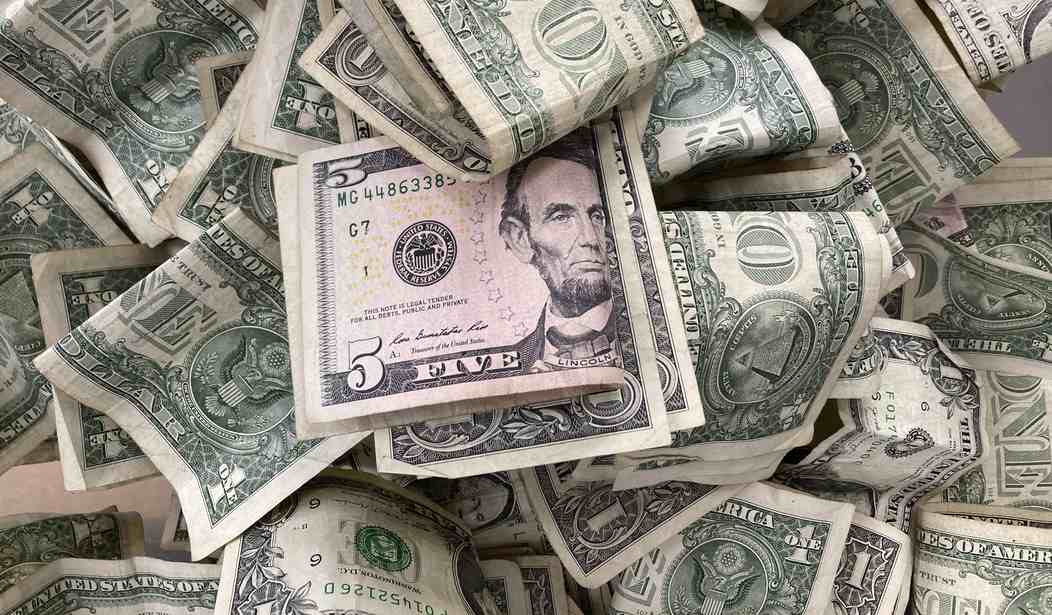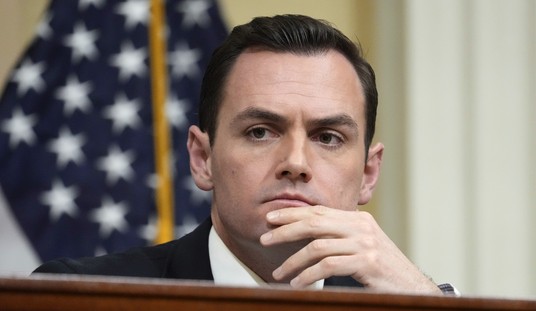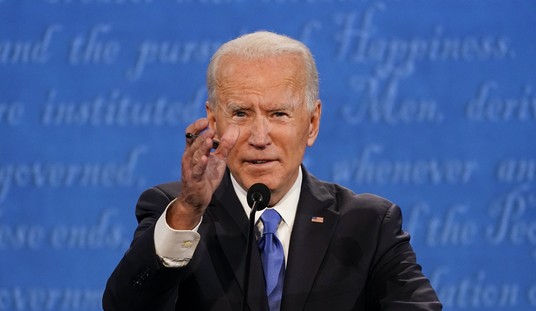Just today the Vice Chairman of the Federal Reserve admitted that if inflation next year is as high as it has been this year, that would be a failure:
Federal Reserve Vice Chairman Richard Clarida conceded Monday that inflation is running well above a level the central bank considers desirable, and if that continues it would signal a policy error…
“Realized inflation so far this year represents to me much more than a moderate overshoot of our 2% longer-run goal, and I would certainly not consider a repeat performance a policy success,” he said during a virtual conference presented by the Brookings Institution.
That’s bad news because there are multiple indications that’s exactly what is going to happen. Last month the NY Times pointed out that the bond markets were signaling inflation would stay higher for a while, closer to 3%. And CNN is reporting on a warning from Goldman Sachs issued Sunday which says inflation will remain high for most of next year.
“The inflation overshoot will likely get worse before it gets better,” the bank’s economists wrote in a research report.
Like much of Wall Street and the Federal Reserve, Goldman Sachs had been anticipating high prices would swiftly come back to earth. Now, there is a realization that inflation will be sticking around longer as supply struggles to keep up with surging demand.
Due to “prolonged” supply-demand imbalances, soaring wages and rising rent amid the housing boom, inflation metrics will remain “quite high for much of next year,” Goldman Sachs conceded.
The Times also has another story up today saying that the rising cost of heating fuel, whether it’s natural gas, oil or propane, is likely going to create a serious problem for a lot of people this winter, especially people in the Northeast.
With consumers already dealing with the fastest price increases in decades, another unwelcome uptick is on the horizon: a widely expected increase in winter heating bills…
In the United States, the winter months account for about 50 to 80 percent of residential fuel consumption. And there is “a significant chance” consumers could face a “marked increase” in prices for heating, said Nina Fahy, an analyst for Energy Aspects, a research consultancy…
Expert forecasts suggest that the southern half of the country, which has milder winters and relies on relatively cheap electricity for home heating, may enter spring largely unscathed. But the Northeast and the northern Plains, as well as rural areas nationwide, are far more dependent on heating oil and propane, which are highly exposed to price spikes in commodity markets.
It’s hard to see how not being able to heat your home over the winter months is good news but over at MSNBC there’s an opinion piece arguing that, in this case, inflation has a silver lining.
The increase in food and gas prices that we’ve seen over the past eight months is real and meaningful. Inflation hawks have been telling scary stories about impending inflation ever since the Federal Reserve slashed interest rates to near-zero during the financial crisis of 2008-09. For once, they’re not making things up. Inflation is now running at a little more than 5 percent, driven largely by energy prices and food prices (which in September were up roughly 4.6 percent year-over-year). And the price of some food items, most notably beef, have risen even more sharply than that…
Historically, recessions have left Americans poorer, not better off. But the Covid recession was different. As people shifting their habits drastically in response to the pandemic, they spent much less and saved more. Even though millions of Americans lost their jobs, enhanced unemployment benefits and stimulus payments left many of them better off, not worse. And the stock market, after initially falling, boomed…
What all this means is that American consumers are, relatively speaking, flush, and it’s that strong demand for goods and services that is sending prices higher. But it’s taking manufacturers and food producers time to increase supply after cutting back production during the pandemic.
Okay, but having more money isn’t good news if the result is inflation that eats it up. I remember several years ago writing about the fact that people in Venezuela had suddenly discovered they were all millionaires. Unfortunately, hyperinflation meant the value of their currency was almost nothing and it literally took a briefcase full of notes to buy a sandwich. So, in this case, people may be flush thanks to government checks but it’s still objectively bad news that the price of energy, groceries, etc. are going up. This is the old idea of too much money chasing too few goods. The government created this problem through trillions in deficit spending. Now we’re all going to be stuck with inflation for at least the next year and maybe longer.







Join the conversation as a VIP Member